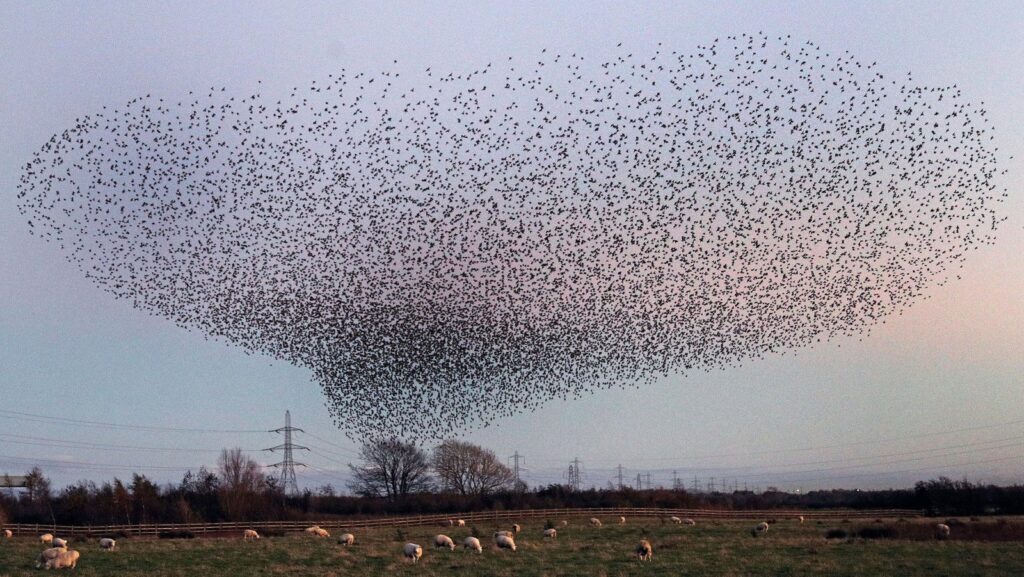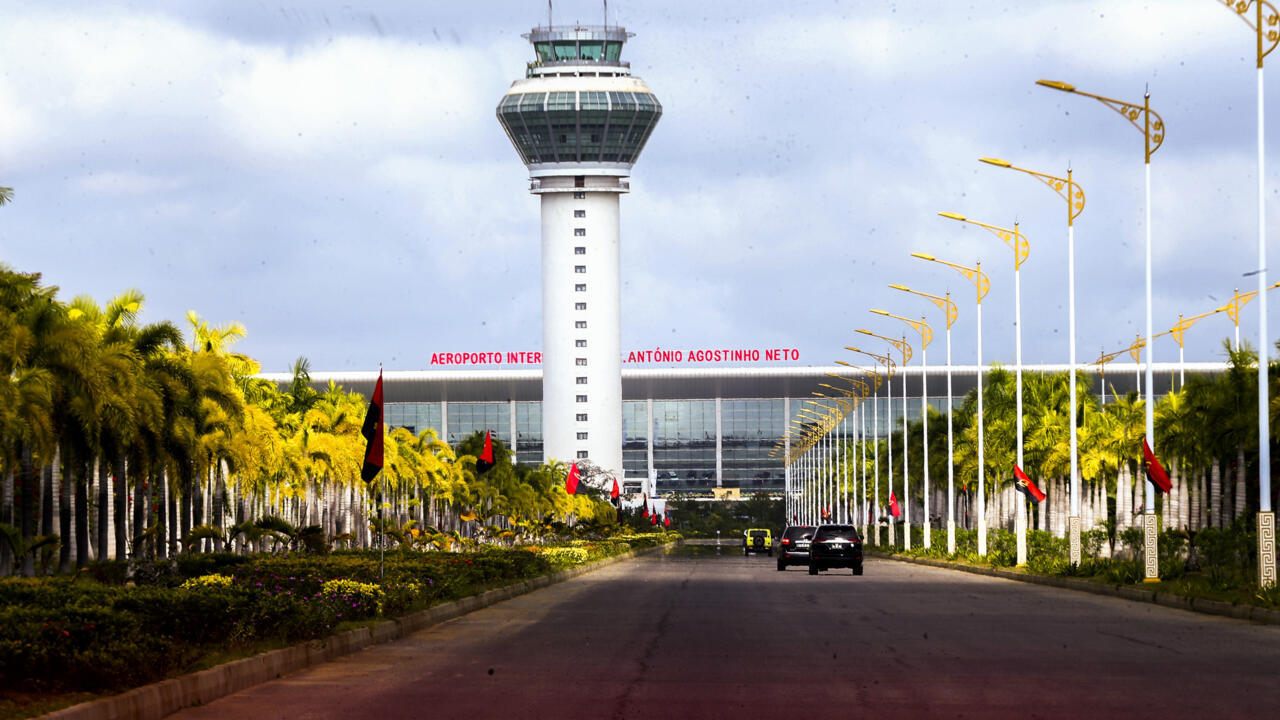A recent study has shed light on an unexpected consequence of severe space weather events: they disrupt bird migrations. Birds, like many other animals, rely on Earth’s magnetic field for navigation, especially when flying at night.
Solar flares and other space weather events disrupt the magnetic field and produce auroras, making it difficult for birds to navigate during these disturbances. The study, conducted by researchers at the University of Michigan, analyzed data from 37 NEXRAD Doppler weather radar stations and ground-based magnetometers to study 23 years of bird migration across the U.S. Great Plains, a major migratory corridor.
Bird migrations
The findings revealed that severe space weather events can lead to a 9 to 17 percent decrease in the number of migrating birds in the region, as well as an increase in birds becoming lost during migration, a phenomenon known as migratory bird vagrancy.

This research underscores how animal behavior is influenced by environmental conditions, including those imperceptible to humans, and how these behaviors can impact population-level patterns of animal movement. It also highlights the broader implications of severe space weather, which can disrupt not only bird migrations but also human navigation systems like GPS.














